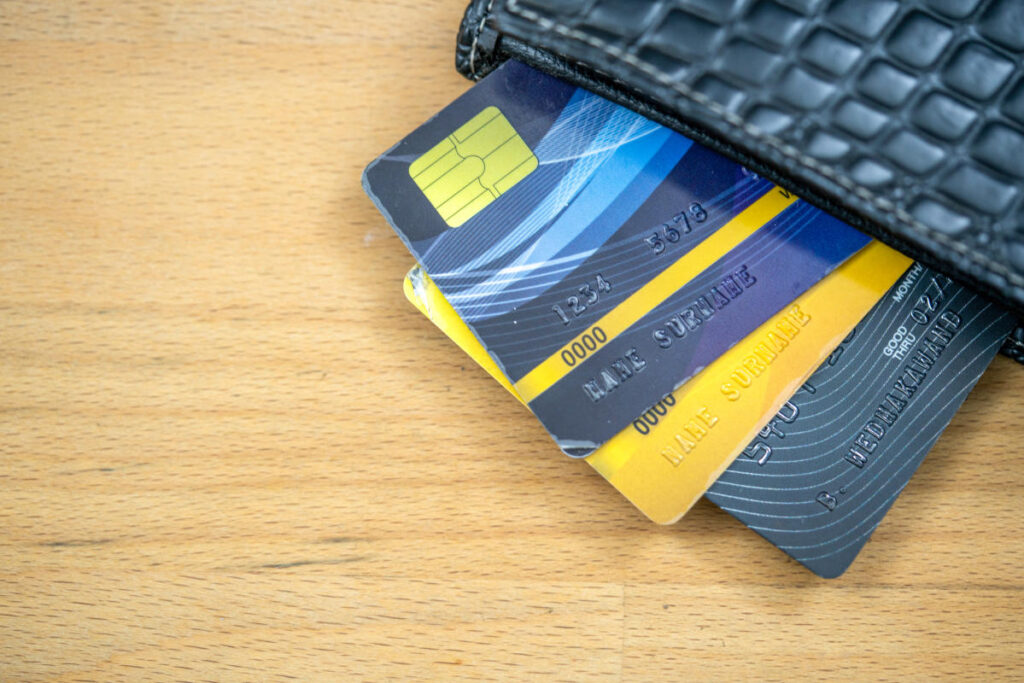Debit cards are increasingly recognized as practical tools for managing everyday expenses, providing a convenient alternative to cash and mitigating the risks of overspending often associated with credit cards. Users benefit from the ease of making purchases both in-store and online, as well as accessing funds from ATMs. However, for individuals with multiple checking accounts, the volume of debit cards can become overwhelming. While there is no set rule dictating the optimal number of debit cards one should have, understanding how to utilize them effectively can enhance financial organization. This article explores how many debit cards might be appropriate based on personal needs and preferences, offering guidance on maintaining a manageable and beneficial number.
The necessity and functionality of debit cards vary from person to person. Most individuals find they can effectively manage their finances with just one debit card, while others may require multiple cards to best suit their unique circumstances. The reasons for having additional debit cards can range from merging finances with a partner through a joint account, managing business-related expenses, or simply organizing spending into different categories such as bills and entertainment. While a single debit card can adequately serve many, those with more complex financial situations may find that several cards enhance their ability to monitor and control their spending.
Despite the advantages of multiple debit cards, certain challenges arise from excessive use. For instance, maintaining numerous debit cards can increase the risk of fraud, as debit cards generally come with limited liability protection compared to credit cards. Managing several accounts can become cumbersome, leading to potential confusion over balances and transactions. Furthermore, users may inadvertently incur additional fees, whether through monthly maintenance charges on checking accounts or ATM surcharges, leading to higher overall expenses. These drawbacks necessitate careful consideration before accumulating more cards, as they can complicate what should ideally be a straightforward process of managing personal finances.
If an individual finds themselves with too many debit cards, several strategies can help minimize the burden while still maintaining efficient financial management. One option is to utilize credit cards for certain purchases, taking advantage of their enhanced liability protections and potential rewards. However, this requires discipline to ensure credit card balances are paid off fully every month to avoid interest charges. Alternatively, individuals may employ budgeting tools or spreadsheets to keep track of their spending, negating the need for multiple debit accounts. For those with various debit cards, a practical method is to carry only the most frequently used card and securely store the others, thereby reducing clutter and the likelihood of misplacing a card.
Ultimately, the decision to maintain multiple debit cards should be tailored to each person’s financial behavior and needs. If a manageable system that incorporates multiple cards works for an individual, there is no pressing reason to change it. Conversely, if the complexity of having multiple cards leads to lost cards, unmanageable expenses, or confusion in tracking finances, it may be prudent to limit oneself to one debit card. The impact of having three debit cards, for example, varies widely between individuals; such a setup may suit someone who shares financial responsibilities with a partner while running a business but may be excessive for a single person without those complexities.
Lastly, it’s important to note that using multiple debit cards does not negatively affect one’s credit score, as debit card activity is not reported to credit bureaus. People focusing on establishing a strong credit history should be mindful of how their credit cards and loans are managed, as these areas have a direct impact on their credit ratings. In conclusion, while multiple debit cards can serve a useful purpose in managing finances efficiently, careful assessment of one’s personal situation is necessary to optimize financial management without complicating it.

